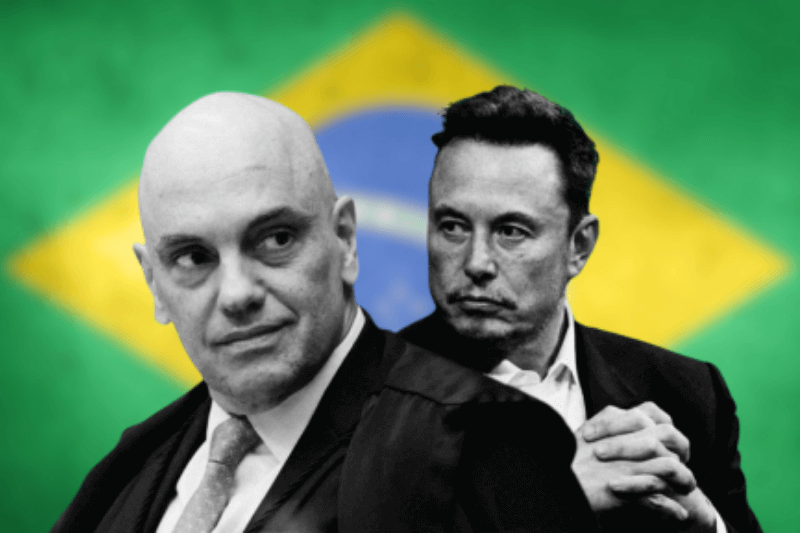
X’s Legal Troubles in Brazil Deepen as Fine Payment Goes Wrong
X, Elon Musk’s social media platform, has been suspended again in Brazil after fines were reported to have been paid to the wrong bank account. The banned since August for violation of local laws states that they have accurately paid over $5 million of the outstanding dues which are the only hindrances to restoring the company’s services in the country.
Legal Battle Escalates
This created a problem when Brazil’s Supreme Court exposed that X’s legal advisors had misdirected the payment of other fines. Justice Alexandre de Moraes pointed out that the funds are to be transferred to the right account before the return of the platform. X’s lawyers immediately submitted a new appeal claiming that all fines had been paid and demanded the services to be restored reporting against the need for the input of the prosecutor general.
The platform’s suspension results from not adhering to court orders and bans some accounts suspected of peddling fake news. X has complied with some of the directives but is now allowed to be subjected to stiff fines of 28.6 million reais ($5.24 million) for various transgressions. The continued efforts to lift operations have been strongly resisted by Justice Moraes who only wants the company to strictly follow the law.
Effect on Operations and Users
X has many challenges in Brazil that affected its operations causing it to close an office in the country this month. This was after the representative of the platform was almost arrested for failure to honor court orders. The suspension has impacted about 20 million daily active Brazilian users who claimed they were restricted from accessing the platform by Saturday morning.
The company has referred to the legal actions as “censorship” and has said they are unlawful in Brazil. It has a bigger picture because X is among other entities that accuse Justice Moraes of a political bias. This is another regulatory issue for Musk, joining earlier ones with the European Union and recent clashes with politicians in the United Kingdom. The case illustrates a common issue of conflict of interest between social media companies and the regulators on content management and the law.




